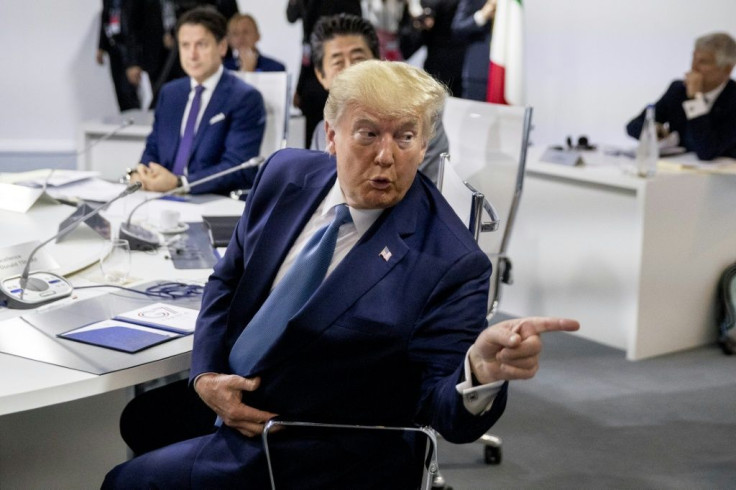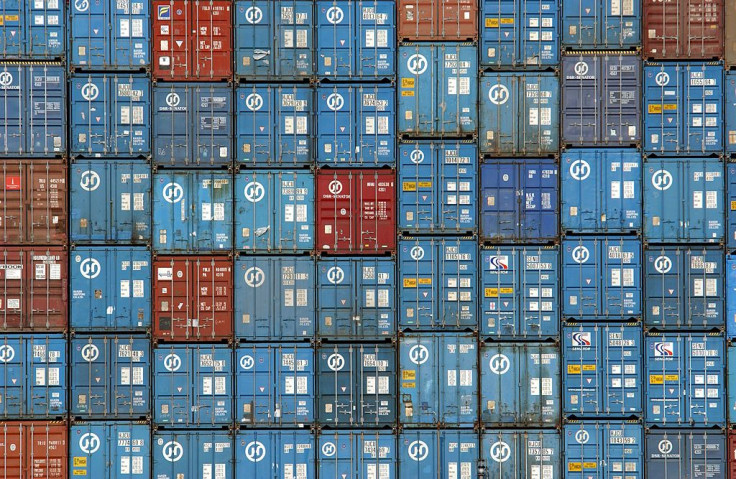US-China Trade War Talks Revived With New Round Of Negotiations Set Next Month

U.S. and Chinese trade negotiators have finally confirmed a resumption of their much-delayed talks to end the trade war. There won’t be trade talks in September, as the Trump administration promised, but there might be one in October.
China’s Ministry of Commerce revealed its top negotiators and those from the United States talked on the phone Wednesday evening to arrange the new meeting. Both sides agreed to meet in early October in Washington, D.C. for another round of negotiations.
The commerce ministry said Liu He, China’s top trade negotiator, spoke with U.S. Trade Representative Robert Lighthizer and Treasury Secretary Steve Mnuchin. Both countries agreed to hold another round of trade negotiations in early October.
They will consult with each other in mid-September to lay the groundwork for the upcoming meeting.
“Both sides agreed they should work together and take practical actions to create favorable conditions for the negotiations,” said China based on CNBC’s translation of its statement.
Previously, both countries announced a meeting in September. Worsening trade tensions further escalated in August, leading to a cooling-off in contacts.
Negotiations were then broken off on Aug. 23 when Trump retaliated against China’s new tariffs by raising taxes on $250 billion worth of Chinese goods to 30 percent from 25 percent. Trump also boosted tariffs on another $300 billion in Chinese products to 15 percent from 10 percent.
Levies on the $250 billion worth of goods are scheduled to take effect Oct. 1, while the duties on the $300 billion are set to go into effect in two stages on Sept. 1 and Dec. 15. China has retaliated against these tariffs, as well.
Trump’s new tariffs means all the items exempted from the previous 10 percent tariff Trump announced Aug. 10, which includes Apple iPhones, will be hit by the harsher and higher tariffs.
On Aug. 28, the Trump administration made official its additional 5 percent tariff on $300 billion in Chinese imports. It imposed collection dates for the new duties on Sept. 1 and Dec. 15.
The increase in tariffs on Chinese goods follows news on Aug. 23 China will impose $75 billion worth of duties on U.S. merchandise on Sept. 1 and Dec. 15. China said it will also resume tariffs on U.S. imports of automobiles and auto parts. It will also levy an additional 5 percent or 10 percent tariff on agricultural and food products like soybeans, coffee, whiskey and seafood.
This development, which Morgan Stanley earlier warned will hurl the U.S. into an economic recession by 2020, led hundreds of U.S. retail, footwear, toy and technology companies to warn of price hikes and mounting job losses.

© Copyright IBTimes 2025. All rights reserved.





















